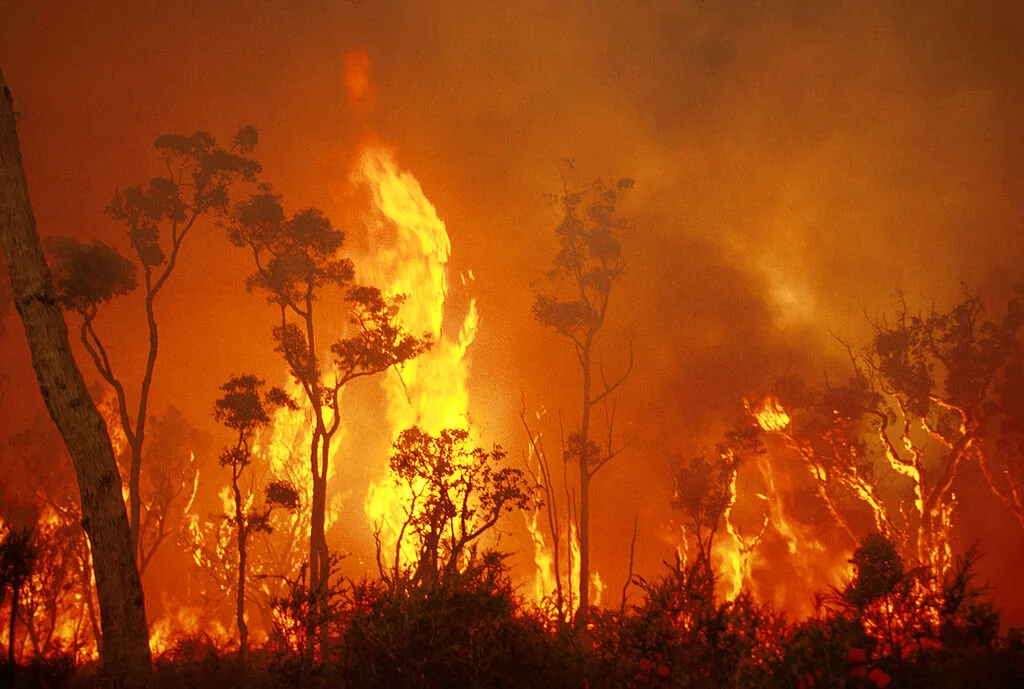
Lament
Allowing us to grieve for what we are losing
Welcome to the fourth of six of our small-group sessions exploring why and how the church should respond to the climate emergency. Over the last three weeks we’ve concentrated on “Why?” and for the next three weeks we will turn to “How?”
Weeping for our loss
Let’s start off by looking at a video clip about what we are losing. I haave chosen this one from many because it is personal to me. This picture is on our Kitchen wall. In 2010 we moved our family from Australia to Britain. To soften the blow for our teen age kids, we had a holiday on the way back and learned to Scuba dive amongst coral reefs. At first sight this appears to be a picture of a turtle but if you look in the background you will see six divers, that is my family and our instructor. We could not do that today because there is no coral. Let’s watch a short film about that process. Just watch it and allow yourself to respond emotionally. Be conscious of the emotions that you experience.
Take 60 seconds just to reflect on how you felt during this video
Question 1: How do you feel when you hear this story and other stories of climate loss?
I chose this issue because it is personal to me. If there are other stories of loss that are personal to you then maybe you could share them.
Sadness and pain for what we have lost is grief. Through funeral services and our more general care for the bereaved, the church has always offered support to those who mourn loved ones. We are much less good at supporting those who have suffered other losses or even at allowing that grief to be expressed.
In most contemporary worship there is an implicit assumption that the primary way we should relate to God is through praise and thanksgiving). For the early Jews it was very different. Depending on how you count them, between a third and a half of psalms are laments. There are more psalms of lament than there are of praise and thanksgiving. It is clear that in their public and private worship the Jews related to God through their anguish and grief at least as much as through their praise and thanksgiving.
Listen to Aubrey Simpson (Pastor of Discipleship and Equipping Church at Renewal Church in Chicago) explain why she thinks lament is important.
Question 2: To what extent should lament be part of public worship and private devotions?
Lament is not only found in the psalms and the book of Lamentation, it is found throughout the prophetic writings as well. Let’s look at a passage from Isaiah, but first let’s root this in our contemporary understanding of climate change by reflecting on three photographs of its effects.
This is picture of drought in East Africa. Droughts used to occur every six or seven years allowing some time for recovery. With changing weather systems it is now common for droughts to occur in successive years.
This is a picture of damage in Louisiana 10 months after hurricane Katrina. Damaging storms like this are now 4 times more common than they used to be.
Now read this passage from Isaiah:
Isaiah 24:4-11 (NRSV)
The earth dries up and withers,
the world languishes and withers;
the heavens languish together with the earth.
The earth lies polluted
under its inhabitants;
for they have transgressed laws,
violated the statutes,
broken the everlasting covenant.
Therefore a curse devours the earth,
and its inhabitants suffer for their guilt;
therefore the inhabitants of the earth dwindled,
and few people are left.
The wine dries up,
the vine languishes,
all the merry-hearted sigh.
The mirth of the timbrels is stilled,
the noise of the jubilant has ceased,
the mirth of the lyre is stilled.
No longer do they drink wine with singing;
strong drink is bitter to those who drink it.
The city of chaos is broken down,
every house is shut up so that no one can enter.
There is an outcry in the streets for lack of wine;
all joy has reached its eventide;
the gladness of the earth is banished.
Question 3: How do the emotions that Isaiah is expressing relate to how we feel today?
Even on the rare occasions when we do read the lament passages from the Hebrew Bible in church we tend to do so in a rather dry and unemotive way which may seem at odds with the passion of the sentiments expressed. Let’s be reminded of how powerful it can be when someone does let their emotions pervade what they are saying:
Question 4: What would be the advantages and disadvantages of expressing grief more passionately in worship?
Walter Brueggemann is one of the leading Christian scholars of the Old Testament and author of this book, “The Prophetic Imagination”. In it he argues that at the heart of the Jewish prophetic tradition are two factors. The first is indignation and anguish at the way the world is which is so often expressed as lament. The second is a vision of how the world can be different. The fusion is, he argues, what drove those prophets to demand a better world.
It can be argued that this prophetic imagination is most purely expressed in the Beatitudes, ask one of the group to read the version from Luke’s Gospel.
Luke 6:20-26
Then he looked up at his disciples and said:
“Blessed are you who are poor,
for yours is the kingdom of God.
“Blessed are you who are hungry now,
for you will be filled.
“Blessed are you who weep now,
for you will laugh.“Blessed are you when people hate you, and when they exclude you, revile you, and defame you on account of the Son of Man. Rejoice in that day and leap for joy, for surely your reward is great in heaven; for that is what their ancestors did to the prophets.
“But woe to you who are rich,
for you have received your consolation.
“Woe to you who are full now,
for you will be hungry.
“Woe to you who are laughing now,
for you will mourn and weep.“Woe to you when all speak well of you, for that is what their ancestors did to the false prophets.
Question 5: What new insights can we gain by reading the Beatitudes (and Woes) in the context of climate justice?
The prophetic imagination can provide us with insight into what is wrong with the modern world and how it can be different. In the next session we will explore what action this might drive us to as Christians.
To finish off the session, however, let’s listen to one of the few modern worship songs that expresses lament.
This is the end of the fourth session. If you are working through this as a group you might like to spend a few moments praying together in light of what you have learnt and shared.





